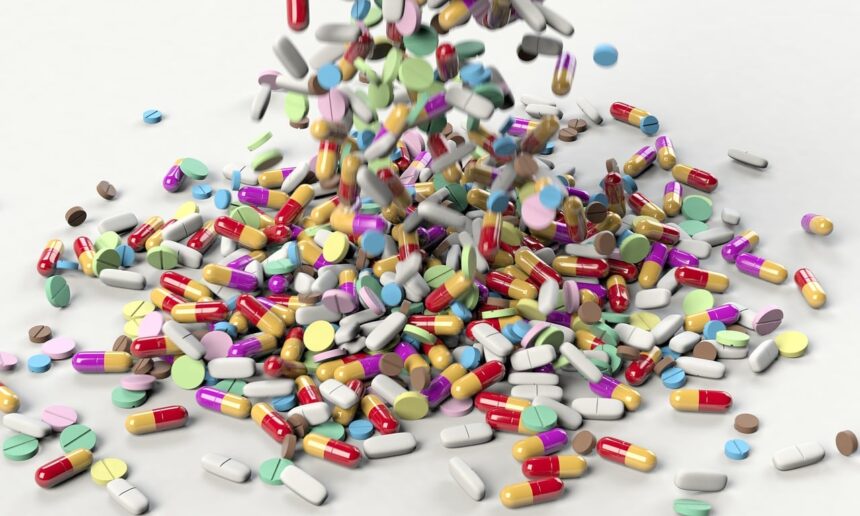Injectable weight-loss drugs, such as Wegovy and Ozempic, were originally designed for diabetic applications, reports Johns Hopkins University. Currently, they’re some of the most popular drugs for anyone who wants to lose a significant amount of weight. With any drug, however, there are advantages and disadvantages. Consider these risks and benefits of weight-loss drugs before starting any regimen.
Experiencing GI Disturbances
Because these drugs impact how your body digests food, it’s not unusual to have gastrointestinal or GI problems. Nausea, vomiting, and diarrhea are common complaints from patients using weight-loss drugs. Rarely, dealing with pancreatitis can be an issue.
Some patients even noticed an aversion to eating solid food. Although eating fewer calories leads to weight loss, patients still need daily nutrients for a healthy lifestyle. Overall, these GI disturbances can range from mild to severe, so patients should monitor how their bodies react in the first few weeks of drug use. In extreme cases, some individuals who use these drugs have suffered gastroparesis and have filed claims against the drug companies.
Understanding the Commitment
Patients cannot take these weight-loss drugs once and see a change in their figures. Essentially, the drugs must be taken regularly for any changes to occur. If you want to keep the weight off, taking these medications is a lifetime commitment, according to UC Health. Because of this commitment, speaking to your doctor about side effects, cost and regular visits is critical to success.
Linking the Medications to Thyroid Cancer
Ozempic and Wegovy drugs are also known as GLP-1 medications. In particular, these drugs have been known to cause rare cases of thyroid cancer. Although the risk is low, patients with a family history of thyroid cancer may want to reconsider their weight-loss options. Because these drugs must be taken for a lifetime, cancer risk in vulnerable patients does rise. Overall, every patient must weigh their own risks and benefits to choose the right drug.
Reducing Cardiovascular Issues
Currently, doctors are reporting lower numbers of heart attacks and other cardiovascular issues with patients on these weight-loss drugs. However, it’s difficult to confirm if the drug itself is reducing cardiovascular disease occurrences or the weight-loss effects. Also, improved liver and kidney functions have been observed. Although doctors have many observations to make before confirming every benefit, these weight-loss drugs appear to have beneficial side effects for other conditions. Prescribing these drugs for associated ailments might be in the future, too.
Improving Dietary Choices
These medications alter neural receptors in the brain, which reduces appetite and cravings. As a result, some patients might choose healthier foods as opposed to fatty alternatives. Improved dietary selections lead to a thinner figure.
As patients lose weight, the visual cues also encourage healthy eating at a psychological level. Because you’re seeing results, a low-calorie diet is more appealing. Overall, patients might have healthier lifestyles as the medication alters appetites and offers results in little time.
Controlling Blood-Sugar Levels
One of the main benefits of these weight-loss drugs is blood sugar control. In short, the drugs stimulate the pancreas, which produces insulin. Then, insulin works with blood sugar so that it’s burned as available energy. Indeed, diabetic patients require less insulin than before with these drugs. Also, anyone who’s prediabetic might fight off this condition with weight-loss medications. As the blood sugar levels remain steady, the body burns more fat for energy as weight loss continues as a beneficial side effect.
In the end, every patient will have a unique experience with weight-loss drugs. Discussing side effects and coupling the treatment with a healthy lifestyle should be part of the conversation with a medical professional. With modern medicine, it’s possible to have a slimmer figure while practicing a healthy lifestyle.

